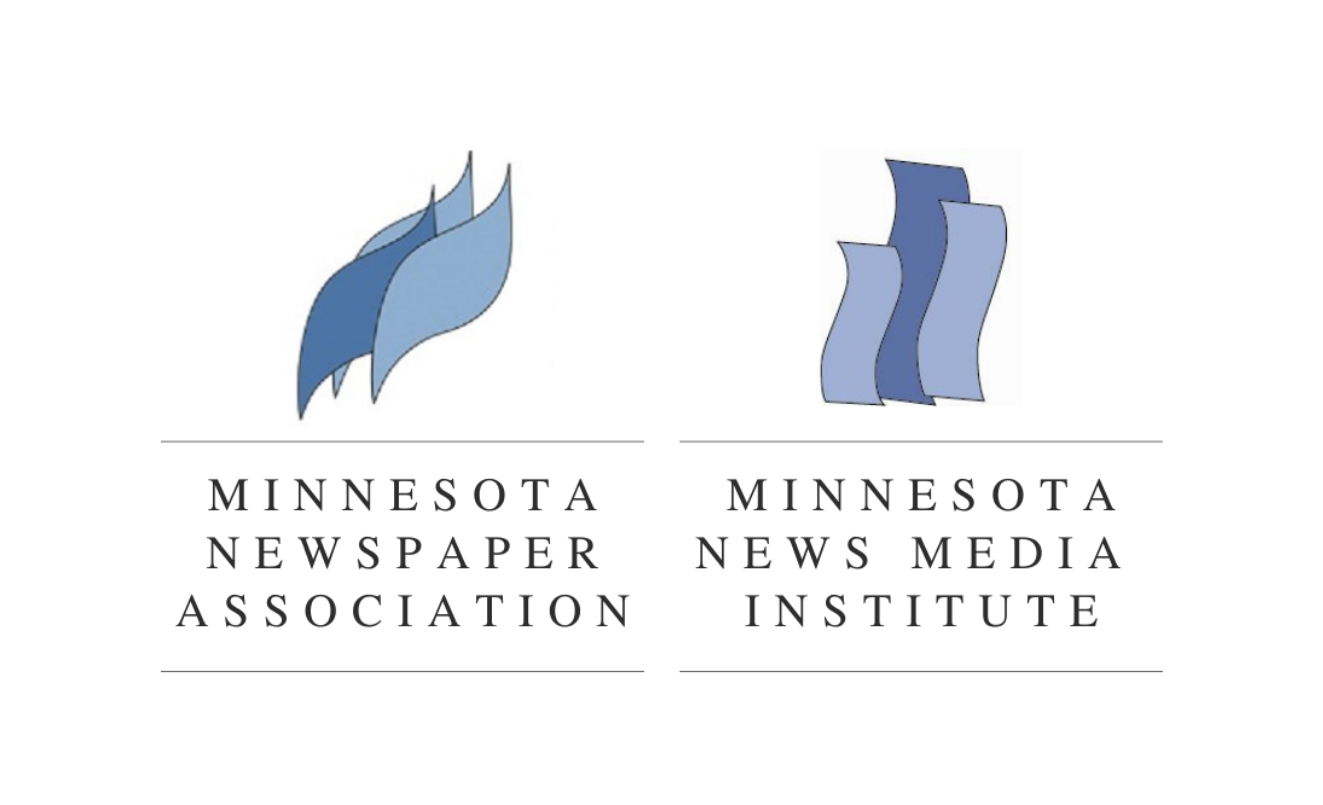By Al Cross
This column is titled “Into the Issues” because it began as an effort to help community newspapers explore issues that affected their communities, sometimes from afar. It has evolved to include editorial issues that face community papers. But for an increasing number of papers, the main issue is on the business side: How can they sustain themselves when their revenue is being eroded by digital media, online shopping, big-box stores that don’t advertise, and in many rural communities, population losses?
Answers to money questions are the province of other columnists with more business-side experience, but this column stands for this proposition: Community newspapers will not be sustainable unless they are indispensable servants of their audiences – offering the news, information and leadership that communities need. That is what distinguishes them from other forms of media and makes them worth reading – and buying.
Those other forms, especially social media and partisan or ideological media, appeal to many people in a fractured media environment where audiences gravitate to information that entertains and validates them, rather than news and opinion that challenge their beliefs. And we live in an era where misinformation has become part of national political strategies and business models – which have been so effective that national political divisions are now causing tension and fractures at the local level.
That became clear to me last June as I did research for a book chapter on the effect of Donald Trump on rural communities and their newspapers. I sent an email to the listserv I co-manage for the International Society of Weekly Newspaper Editors, advancing two propositions: (1) Trump makes you be for or against him, and you get defined that way, creating divisions in families, churches, businesses, and other organizations. It’s community-corrosive, not community-building. (2) People are less interested in local news now because Trump has made national news more compelling, and local news media are losing out in the “attention economy” created by the tsunami of online information and their reliance on social media.
I received a dozen replies, none of which disputed either proposition. And I found that some papers had adjusted to new realities. Kris O’Leary, publisher of four weekly newspapers in central Wisconsin, said she ordered her editors to stop covering and commenting on national issues after the January 2021 assault on the U.S. Capitol.
Kris said on the ISWNE listserv, “I got tired of the paper being part of the problem with people treating each other with a lack of respect. I realized we weren’t going to change anyone’s mind and it wasn’t worth my mental health and the Star’s to be caught in the middle of this thing. . . . Our sales people were facing backlash, and it wasn’t fun running a paper and explaining every week why freedom of speech didn’t give them freedom to say whatever the wanted in the paper. I still operate under libel and defamation rules. . . . We had a few hotheads that screamed like hell about their freedoms being taken away, but most people were relieved not to have to read the letters and editorials on national politics.”
That’s not the approach of Bill Tubbs, publisher of The North Scott Press in Eldridge, Iowa. While he said people in his community are increasingly identified as pro- or anti-Trump, and that “has permeated many things in community life . . . You can’t escape national politics in the community if you have your core values and principles.” He added that it can be hard to define what’s a national issue: “Agriculture is foundational in Iowa,” so newspapers there have an obligation to cover issues such as international trade and farm subsidies. To that, I would add energy (such as ethanol subsidies) and environmental regulations.
Former NNA president Reed Anfinson of the Swift County Monitor-News in Benson, Minn., a left-leaning editor in a county Trump won almost 2-1, told me that he’s being more cautious.
“We’ve lost subscribers and advertising because of the intolerance pervading society today,” he said. “In these fragile financial times, it has me weighing the political cartoons I will publish. As I write, it has me being more thoughtful in how I word my columns. That is not all bad, but it makes me wonder sometimes if I am pulling my punches. I still write about national topics because they are talked about by my readers. However, I try to ensure the vast majority of what I publish focuses on local issues.”
A few months later, Reed was the focus of an Associated Press story about national divisions becoming local, quoting one of his neighbors (a Lutheran pastor!) as accusing the paper of lying by not reporting what the pastor believed but is not true: that many people in Swift County have been killed by Covid-19 vaccines.
That reminded me of how Steve Bannon, the former Trump adviser who has been charged with contempt of Congress for not cooperating in the investigation of the Capitol assault, defined his and Trump’s strategy this way in 2018: “The Democrats don’t matter. The real opposition is the media, and the way to deal with them is to flood the zone with shit.” Translation: “The enemy is the truth, so we flood the zone with lies.”
Your zone is your community. Please don’t let it be flooded with lies and misinformation. Many Americans have lost sight of the truth, but I think more of them expect newspapers to stand up for it.
Al Cross edited and managed rural newspapers before covering politics for the Louisville Courier-Journal and serving as president of the Society of Professional Journalists. He is extension journalism professor at the University of Kentucky and director of its Institute for Rural Journalism and Community Issues, which publishes The Rural Blog at http://irjci.blogspot.com.
